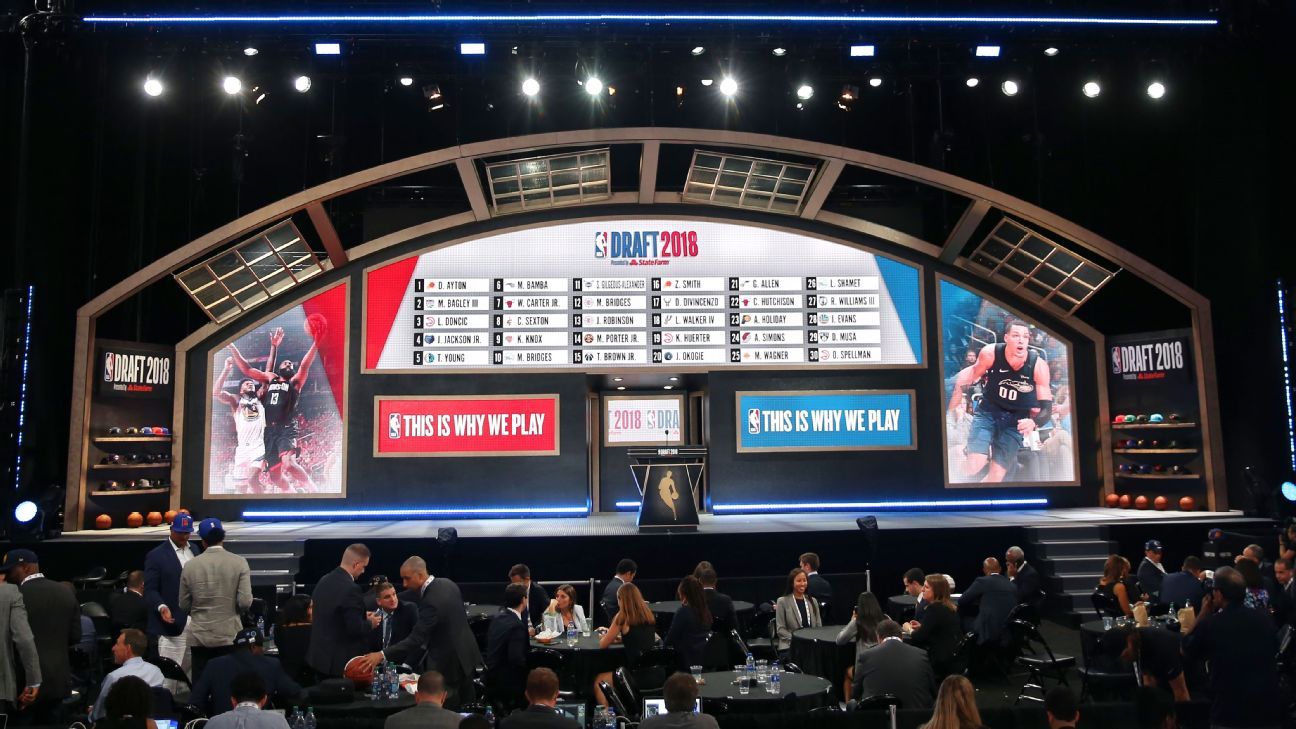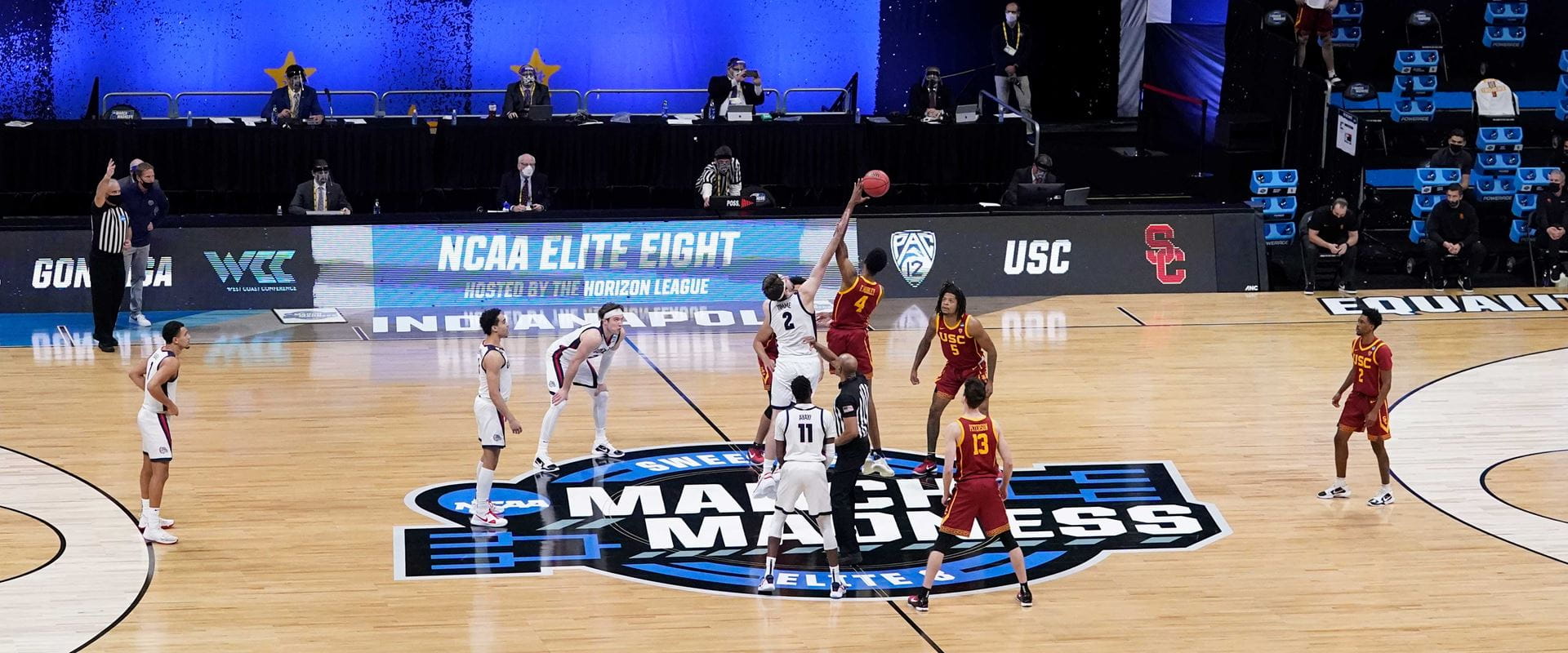I think you are viewing that backwards. The NCAA was a large proponent of the minimum age for the NBA draft, because some of the top basketball players were bypassing college, and that meant schools were missing out on potential revenue.But there is competition. In the case of FB and MBB, it just so happens that the primary "competition" to the NCAA in determining market labor rate for athletes, namely the NFL and NBA, has minimum age restrictions, and those leagues have few jobs to offer relative to the number could compete in college sports. So, in essence, the NCAA is being punished for offering opportunities to athletes that are otherwise precluded from working for the NCAA's competition.
While it was rare that high schoolers went directly to the NBA (39 players from 1995 to 2005), players like Kobe, KG, Dwight Howard, and Lebron represent massive audience draws, and the potential for the schools to bring in more money, even if they are just one-and-done. Look at the way Anthony Davis and Zion Williamson were pushed and marketed. That wasn't for the players benefit, they appeared physically capable of playing in the league. But they weren't allowed to go so they did their one year of college.
For the NFL, they have shown that they are not interested in a developmental league. Instead they are happy to let the colleges shoulder the risk and cost of developing the young players, and then picking the top talent once they become eligible. Meanwhile the NCAA and the colleges want the talented players because that means there is a better and more marketable product on the field for them to sell.





/cloudfront-us-east-2.images.arcpublishing.com/reuters/5M2JLWZTLZNNTGYFUVLASMUNME.jpg)
